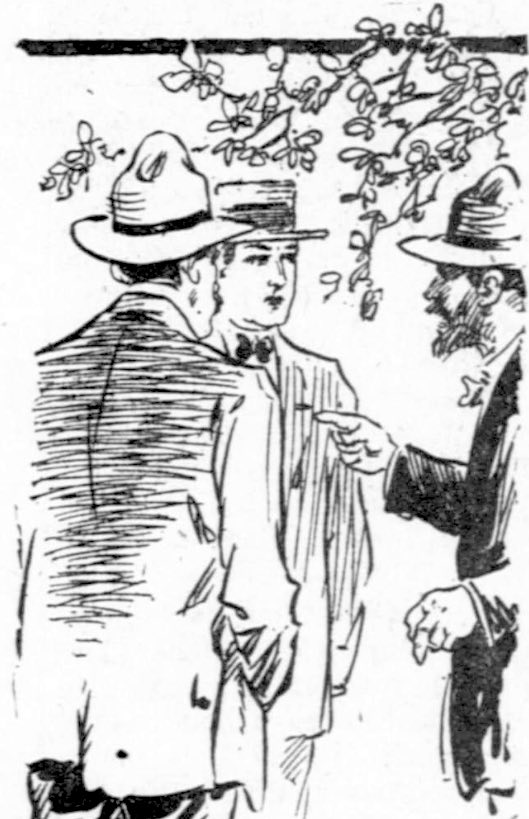
Here is a true story that could spark the imagination of any writer, even during the direst moments of writer’s block. A man is found washed up onto the shore. His legs had been recently cut off. No one knows who he is, where he is from, or his life’s history. For 50 years the man lives in silence, saying only 2 words, each word on a separate occasion. He watches the sea and lives a quiet life chopping wood. He dies and people still ponder the mystery of the man.

Mystery Man of Acadia
Who Was “Gerome” of Trieste?
Fifty Years Ago a Legless Man Was Marooned on the Coast of Nova Scotia by a Mysterious Ship
For Fifty Years the Man Spoke But Two Words
Rigby, Nova Scotia, May 13. — Acadia’s legless man of mystery died here the other day and with his passing, death sealed a mystery as hopeless of solution as the mystery of the Man in the Iron Mask.
Two slender clues were all that might help to solve this mystery. Two words:
“Gerome;” “Trieste.”
For over 50 years the only possible source of other clues was the legless man who uttered those words, the first in August, 1861, the second some years later.
For over 50 years that man kept his silence. Saving these two proper names, no word passed his lips in all those years.
The legless man came from the sea. He was marooned on the beach here in 1861, landed from an unknown ship that beat into the harbor and sent a dory ashore, then put promptly to sea again.
A few hours later, in a sequestered inlet, fishermen found an unconscious man on the beach, lying just above the tide line. A bottle of water and a few ships biscuits were found by his side.
The man’s legs had been cut off — apparently only a short time before. The flesh of the stumps was still raw.
To all questions the stranger was silent till old Rudier Comeau asked him his name in Italian.
“Jerome,” was the reply.
Then the castaway lapsed into silence. From that day till he died, half a century later, he spoke but once, and then only to ejaculate “Trieste” [Quite a visual, eh?] when someone surprised him with the question, “Where did you come from?”
He accepted gratefully the food and shelter that the Comeau family gave him. He chopped wood for the household, wielding the ax powerfully and with skill.
Though he came from the sea there was nothing about him to mark him certainly as a sailor. The Acadians believed him to be an Italian, but they did not know.
Always his eyes were bent seaward. Day after day he watched the horizon. And when a strange vessel hove in sight a faint flicker of interest was kindled in his inscrutable eyes.
But a stranger sail was the only thing under heaven that held any interest for him. If he had any hope in life it was the sea that veiled it.
And when at last he came to die he passed as grimly as he had lived. Not even in death was his tongue loosed to tell anything about the strange prank that fate had played with his destiny.
There only remain questions — questions that inevitably arise and as inevitably go unanswered.
Who was “Gerome?” Some political refugee? The captain of a mutinous crew? A pirate chief, deposed and cast out by a more powerful rival? Or merely a common sailor, and cruelly marooned to get him out of the way?
In 1861 the American civil war was beginning; the war of Garibaldi was in progress in Italy and the islands; the Austrians, the Italians and the French were quarreling over the Italian states. Did these events have any bearing on the strange fate of the legless man?
Is there today in the port of Trieste, on the Austrian Riviera, somebody, aged wife or son or daughter, who looks out over the Adriatic, hoping against hope for the return of “Gerome?”
Source: The Day Book (Chicago, Illinois newspaper). May 13, 1912.

